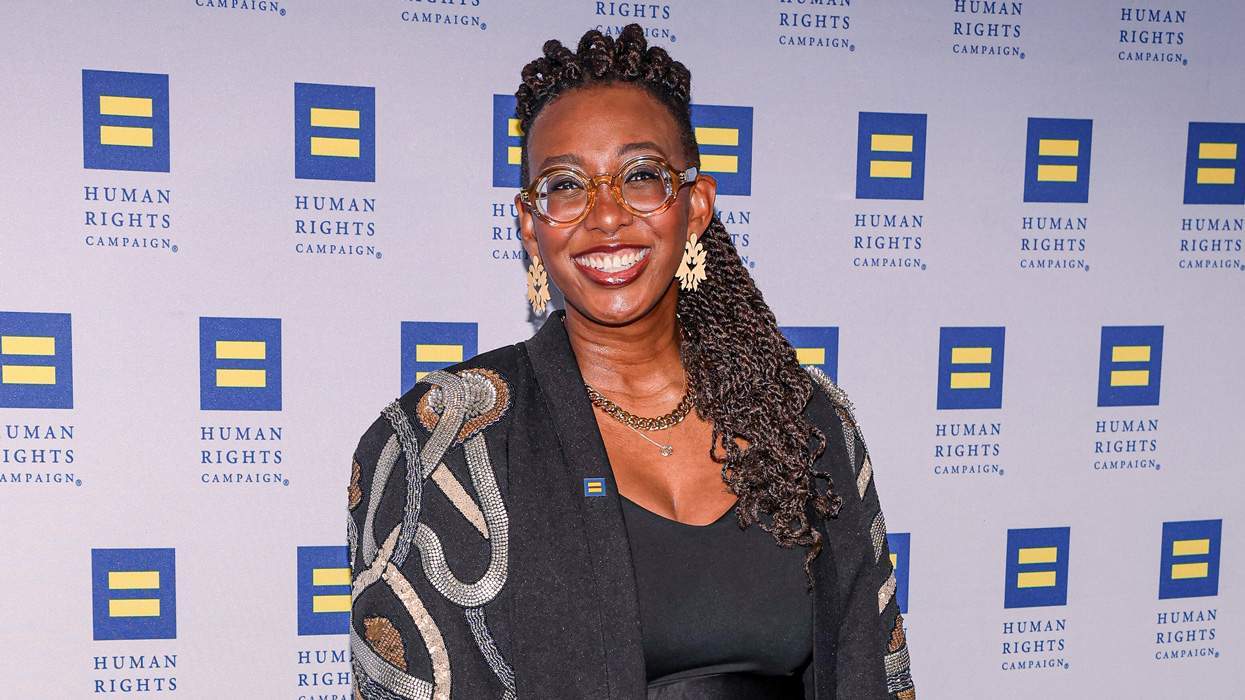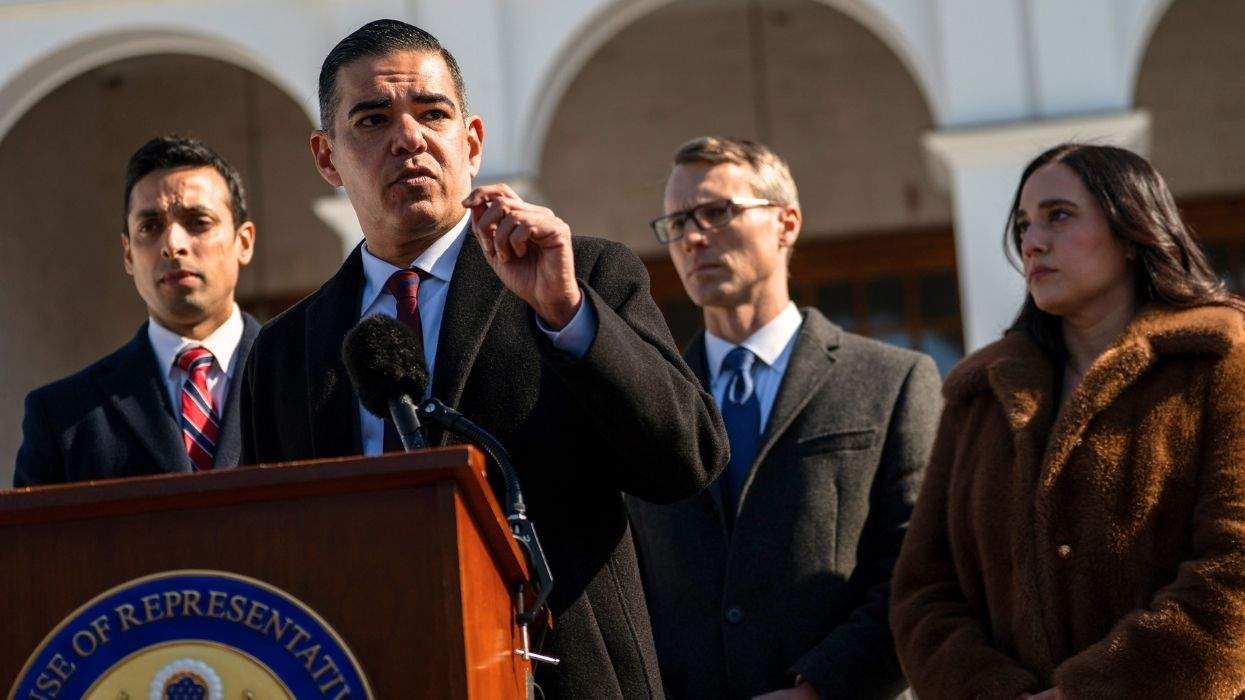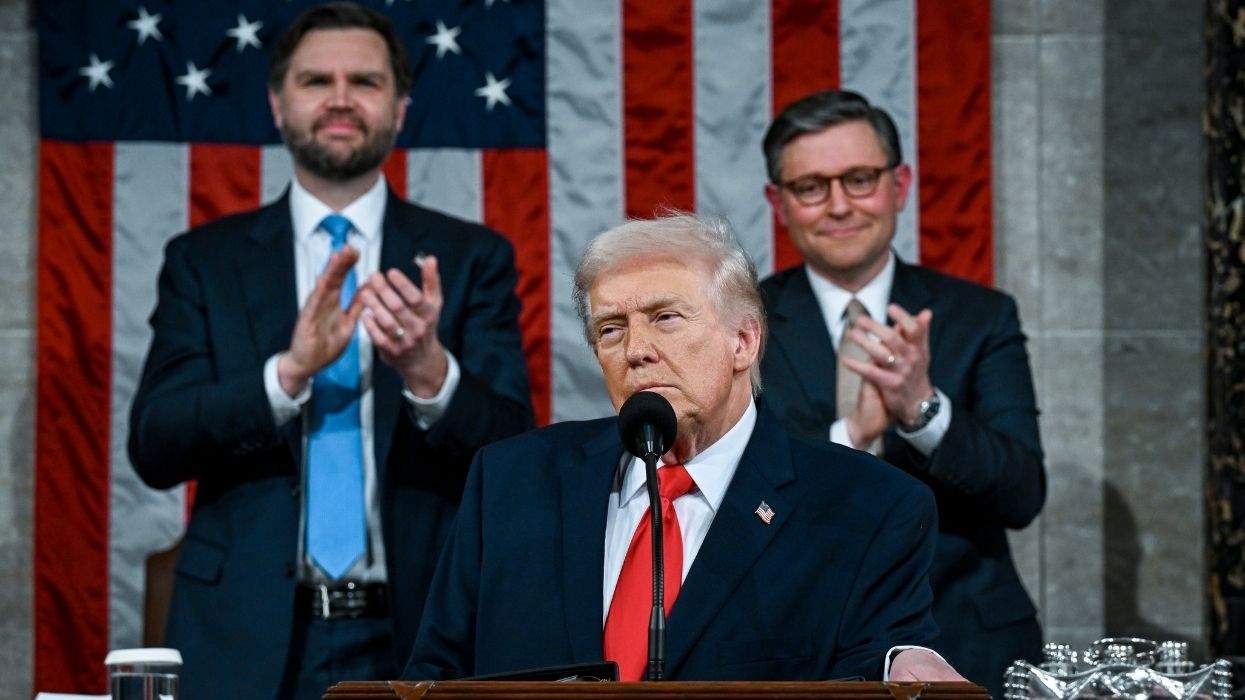More ExxonMobil shareholders than ever voted to support a resolution to add sexual orientation and gender identity as categories to the company's nondiscrimination policy, though they were unable to win a full majority. The percentage of shareholders in favor of the policy change has grown of the last nine years, with 39.6% of shareholders voting in favor of the policy this year, according to the Human Rights Campaign. This year's vote was the first to include gender identity.
"ExxonMobil continues to have the dubious distinction of being the only Fortune 50 company that refuses to add sexual orientation and gender identity to its nondiscrimination policy and is stuck in the ever-shrinking minority of businesses that don't offer domestic-partner benefits," said HRC Foundation president Joe Solmonese. "It is irresponsible for ExxonMobil to ignore overwhelming shareholder support and not to join the majority of companies that provide equal protections and benefits to all families."
ExxonMobil's top competitors -- BP. Chevron, Dow Chemical, DuPont, and Shell Oil -- all have nondiscrimination statements inclusive of sexual orientation and gender identity. ExxonMobil also does not provide domestic-partnership benefits to employees, while a majority of Fortune 500 companies has done so since 2006.
HRC attended ExxonMobil's annual shareholder meeting in Dallas to present the shareholder resolution, which was filed with the New York City comptroller and New York City Pension Funds.
Before its 1999 merger with Exxon, Mobil's equal employment opportunity policy included sexual orientation and offered its employees domestic-partner benefits. Two dozen members of Congress, with thousands of stockholders and consumers, wrote to ExxonMobil chairman Lee R. Raymond in December 1999 to protest the policy reversals, according to HRC. The next month, stockholders and activists protested at a company facility in Houston, causing the facility to close for the day. (The Advocate)














